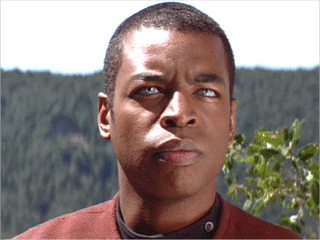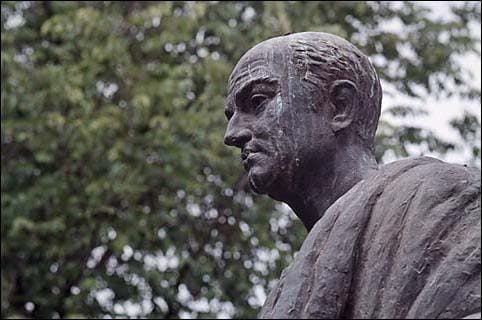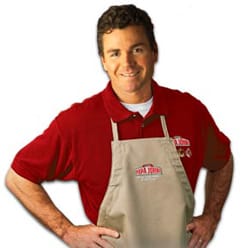Excerpts
Why Theory is Important
“Indeed, while experiences and information can be good teachers, there are many times in life where we simply cannot afford to learn on the job. You don’t want to have to go through multiple marriages to learn how to be a good spouse. Or wait until your last child







